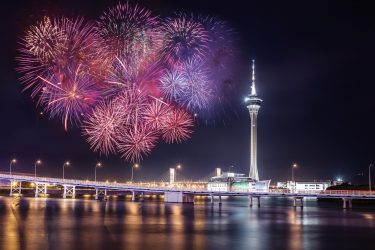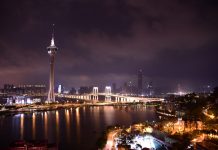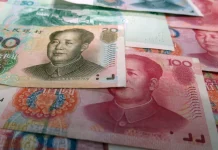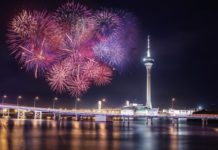 Macao’s head of government, chief executive Ho Iat Seng has criticised the country’s “excessive dependence” upon the gambling industry, which he said meant the special administrative region was especially hard-hit by the novel coronavirus (Covid-19) outbreak.
Macao’s head of government, chief executive Ho Iat Seng has criticised the country’s “excessive dependence” upon the gambling industry, which he said meant the special administrative region was especially hard-hit by the novel coronavirus (Covid-19) outbreak.In Macau’s annual policy report, Ho said that action taken by prior governments to diversify economically have yielded “no noticeable results,” with gaming still representing more than half of its economy.
“With the outbreak of the novel coronavirus, the gaming and tourism industries registered significant declines, with profound impact on industries connected to these areas,” Ho said. “This demonstrates, once again,the vulnerability and the enormous risks of the Macau economy’s excessive dependence on gaming and tourism industries.”
“The healthy and stable development of the gambling and tourism sector will continue for a certain period of time, and will be the basis of the continued stability of the economy of Macau.” Nevertheless, if the monolithism of the industrial structure remains unchanged, it will inhibit the sustainable development of Macao’s economy.”
In the first three months of 2020, casinos in Macau took in just MOP30.49bn (£3.07bn/€3.52bn/$3.82bn), down 60.0% year-on-year, after closures for significant portions of February and March in order to limit the spread of the virus and low customer numbers after reopening, partly due to strict travel restrictions and social distancing measures within casinos.
Ho said the region would ask Beijing to begin issuing visas to visit Macau again once it is confident that the coronavirus situation has stabilised.
“With a view to recovering the tourism sector, we will ask the Central Government, in due course, to resume issuing tourist visas, intended for residents of Mainland China to travel to Macau,” Ho said.
As part of the policy announcement, Ho said his government would create a fund of MOP10bn to support residents, workers and companies.












